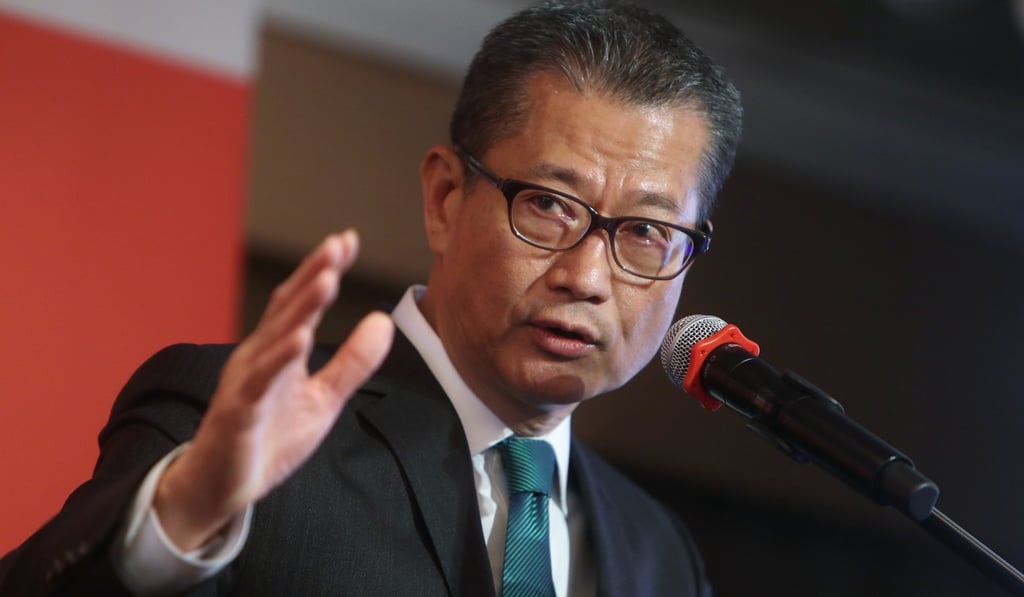Extra billions in social welfare spending ‘failing to meet needs’ of Hong Kong’s ageing population
Research released by the city’s legislature shows that despite pledges to spend more in the coming years, Hong Kong is still underprepared for a greying citizenry, and some funds even go unused

Hong Kong government spending was called into question on Thursday after analysis released by the city’s legislature indicated officials were failing to meet the needs of an ageing population despite splashing out billions more on social welfare.
The report’s researchers took aim at limited growth in recurrent expenditure on elderly services and a decline in recurrent spending on education. They also asked whether money set aside from the government’s hefty budget surplus this year for one-off spending would end up underused.
43,000 needy and elderly in Hong Kong first to get cash handouts
Financial secretary Chan announced in his budget in February that the city would spend the equivalent of 21 per cent of gross domestic product on public programmes in the next five financial years. It came with a promise that officials would be more proactive in managing Hong Kong’s public finances in the face of various developmental, societal and economic needs.

Chan’s pledges were regarded as an expression of a new fiscal philosophy held by Hong Kong leader Carrie Lam Cheng Yuet-ngor, who has indicated a willingness to depart from the long-held budgetary stipulation to keep public expenditure at or below 20 per cent of GDP.
However, the Legco research paper said actual spending on elderly services stood at 11 per cent for 2018-19, unchanged from 2014-15. Increases had come in the years before 2014-15, it said, with the figure at 9.7 per cent in 2007-8.